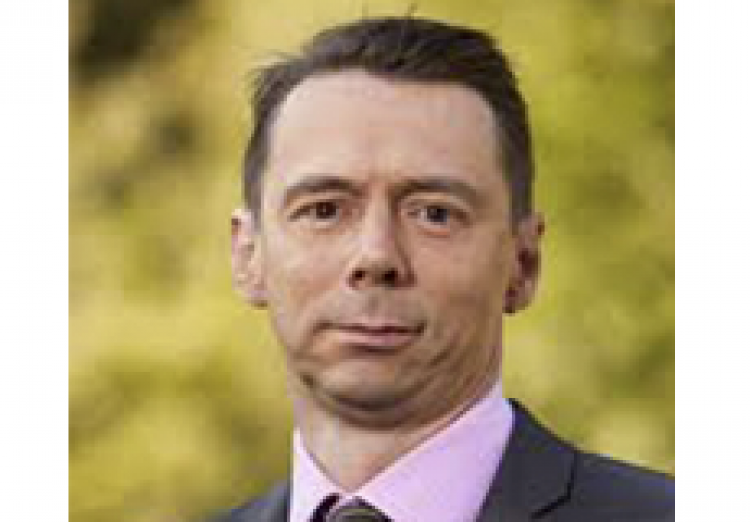Think tank head warns of bleak times ahead

The director general of the Institute of Economic Affairs Mark Littlewood gave guests at the Airmic annual lecture a refreshing break from consensus politics, warning of terrible consequences for the UK without radical changes in government policy. In a speech that tested the boundaries of what can safely be said, he called for dramatic tax cuts and reduced spending in sensitive areas such as health and education. Mark Baylis reports.
After being introduced by the chairman as a keen football fan, Mark Littlewood told his audience that the UK economic outlook for the next few years is even bleaker than the England team’s prospects at the World Cup: “Our politicians haven’t even begun to consider remedies for the plight we’re in,” he said.
Justifying his reputation as a lively speaker willing to say the unsayable, he tore into three “myths” that he believes are clouding the debate about the economy. The government has not cut the national debt, he said; its efforts to deal with the budgetary deficit have been “extremely limited”; and increasing taxes would not help, whilst redistributing the burden onto wealthy people would neither make the system any fairer nor help the poor.
Warning that the current recovery is unsustainable, he set out an agenda of fierce cuts way beyond what any leading politician is willing to advocate. Since welfare, education and health account for 58% of government spending, these should be prime targets. And he questioned whether the government should even be providing health care and education at all. Since it is generally accepted that private enterprise produces better refrigerators and cars than nationalised firms ever could, why should not the same be true of schools and hospitals?
His starting point was that the national debt is in the region of £6 trillion, once you have included liabilities such as state-funded pensions and the Private Finance Initiative. It has been growing since 2001 and will probably continue to do so until the end of the decade. “The scale of the national debt is terrifying,” he said.
Furthermore, the coalition’s austerity is mostly an illusion, equivalent to perhaps 3% of spending. He contrasted this total with the “sort of cuts that most companies are able to make over a budget year without any suggestion that the cuts are savage.”
Turning to regulation, he said the banking crisis was a product of socialist-style over-regulation rather than lax supervision. In a talk peppered with strategically-placed statistics, he pointed out that the (now disbanded) FSA’s rules on banking had run to a million paragraphs. It had been the second most regulated sector after weapons-grade plutonium.
He said that past experience showed it was just not possible to keep taxation levels above 36% of GDP for any sustained period of time. He argued that reducing the demands on the wealthy would actually increase revenue. He contrasted the Thatcher government’s decision to cut the top rate of income tax from 83% to 40% with the Labour party’s plans to put it back up to 50%. Counter-intuitively, Thatcher’s policy had led to a massive rise in the share of tax paid by the wealthy. By contrast, Labour’s promised increase would produce at most an extra £100 million a year – enough to keep the country going for an hour and ten minutes. On fairness, he pointed out that the top 1% accounted for 12% of earnings but 30% of tax, which he thought about right.
His proposed solution was a mixture of free-market economics to reduce prices paid by the public. These included a review of green taxes and restrictive planning laws. He wants to see the UK follow many rapidly growing economies in halving the tax burden to around 25% of GDP whilst pulling back the state. He held Hong Kong up as a prime example of where such policies had worked.
Whether or not you agree with him, Littlewood’s comment certainly prompted lively discussion at the drinks reception afterwards. No one accused him of pandering to political correctness.

